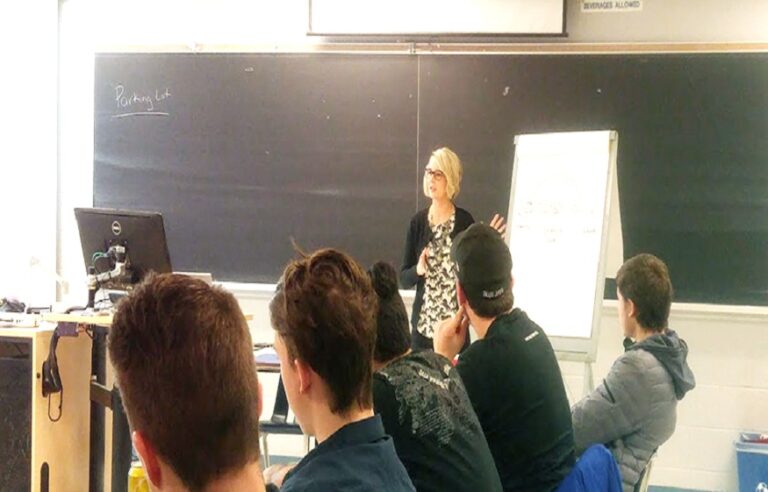Teachers are tasked with many different roles, both inside and outside the classroom. If you’re considering becoming a teacher , be sure to learn about some lesser-known tasks you may have to take on as a new teacher . Teachers’ duties to students are constantly evolving.
In addition, teachers play a vital role in a child’s education. They are the ones who regularly interact with the children. Therefore, they can have an immediate impact on a child by paying attention to what they say or what interests them. They are also responsible for ensuring that all students receive an equal education, which means they will be held accountable for the quality of education provided in their classrooms.
In this article, we are going to discuss the duties of teachers to students to help them succeed and thrive in your classroom.
1. Supervision of students
It must ensure that students are not exposed to harm and do not cause harm to others […]. The obligation of supervision must be exercised in an effective teachers towards students and vigilant manner throughout the duration of school time”.
Therefore, the school is responsible for the students it enrols, including protecting them from harm and harm and ensuring that no harm is inflicted on others. Both inside and outside the school, the pupils are under the responsibility of the school. It is therefore important that the school monitors and supervises everyone who has access to it, whether in the playgrounds, play areas and reception areas or outdoors.
The school must provide constant supervision of the student throughout the duration of his stay at the school (whether this includes all activities undertaken by the school, whether compulsory or optional). The safety of the pupils is guaranteed either by the teachers or by external parties after they have taken all the necessary measures to ensure the safety of the pupils.
During class, students are monitored and tracked. From the beginning to the end of the class, the teachers monitor them. A student’s exit from school must be supervised by a teacher. Pupils may be handed over to their parents or other persons authorized by them in written form.
The absence of pupils is recorded by the teachers. Records are checked to see if students are present during class hours.
According to school policy, individual student outings must be authorized by the school principal and must be accompanied by a parent or someone authorized by the family.
School group outings are covered in the School Outings section. Teachers are not required to supervise activities organized by the city (canteen, etc.) or school transport, which is the responsibility of the CG.
2. Morality and neutrality
The neutrality of civil servants is a legal principle of public administration. All civil servants have a statutory obligation of neutrality. This means that they must refrain from any form of discrimination whatsoever. This is a consequence of the principle of republican equality. Civil servants may not express or perform acts that would call into question their neutrality.
In other words, a teacher should not treat his students differently based on their race, religion, political beliefs or social status. On the contrary, it must treat them equally as pupils of the republican institutions of which the school is a part. His republican values therefore make him responsible for teaching students to regard as sacred the republican equality that he himself embodies. You don’t have to be brave when you stand up for republican values.
3. The obligation of professional discretion
In the performance of their duties, the teacher is required to assess all information and documents in a professional manner, without exception. The only exception is access to administrative documents expressly authorized by the regulations in force, in particular with regard to freedom of access.
4. The duty of discretion
A teacher’s duty of professional discretion consists in disclosing a known fact or information in the performance of his or her duties.
In addition, the duty of reserve, meanwhile, prohibits the expression of an opinion that goes beyond the facts. No text imposes such a duty on civil servants, and even less on teachers. It is a jurisprudential construction based on various criteria (position in the hierarchy, circumstances, methods and forms of expression).
This is how the Council of State has consistently held that the obligation of discretion is particularly strong for holders of high administrative positions. This duty of reserve stems from the principle of neutrality in the public service, which prohibits civil servants from making their position the instrument of any kind of propaganda. The scope of this obligation is assessed on a case-by-case basis by the hierarchical authority under the control of the administrative judge.
5. The reporting obligation
Any teacher who becomes aware of a crime or misdemeanor in the exercise of his duties must immediately inform the public prosecutor. The circular on sexual violence was extremely clear on this subject.
All schools and educational establishments must display the national toll-free number “119”. When professionals witness abuse of minors, they must be informed of the administrative or legal action that has already been taken.












+ There are no comments
Add yours